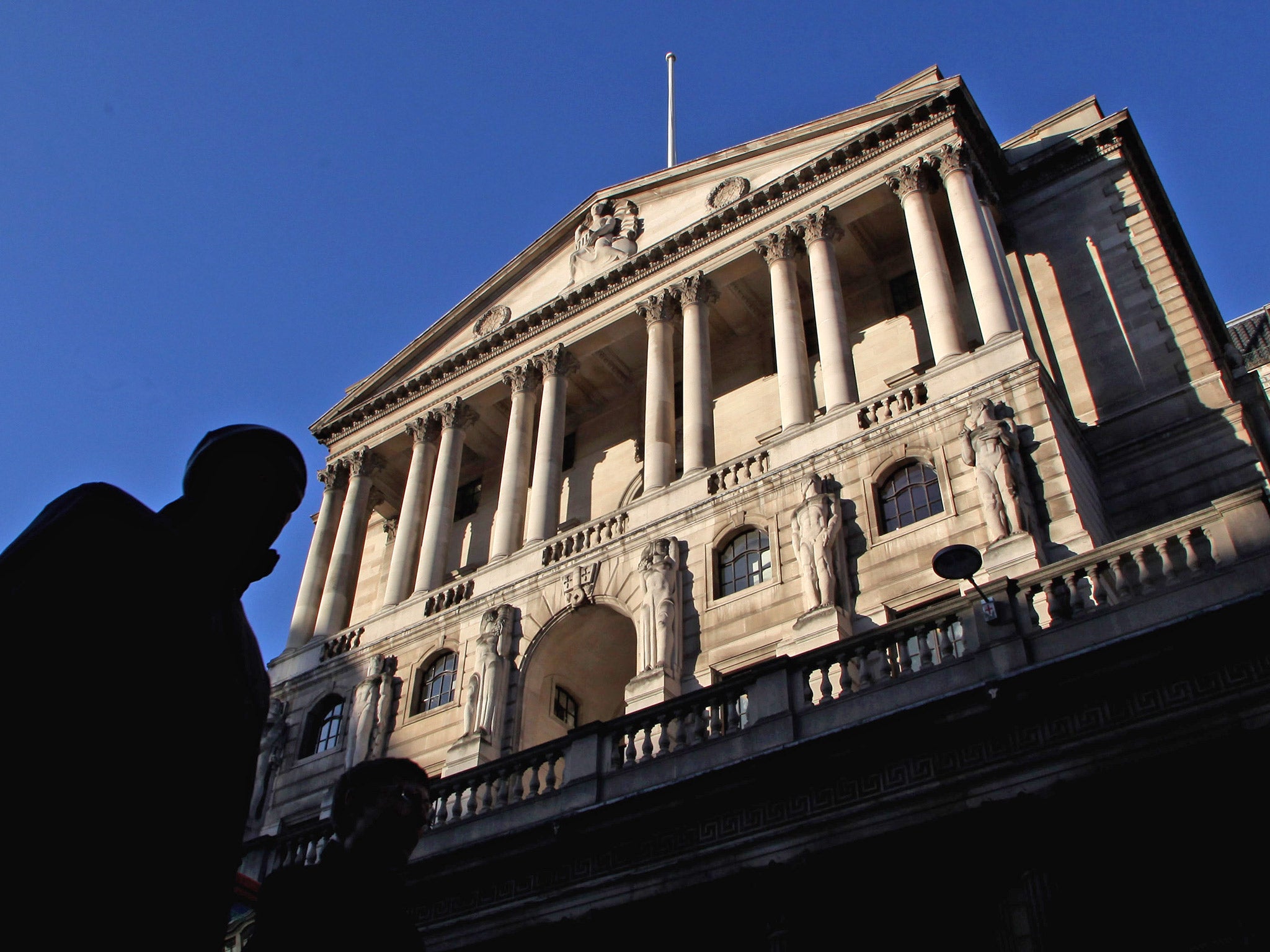Modest interest-rate rise may come soon – but Bank of England must stress upward trajectory is not inevitable
Mark Carney ought to make clear that each and every move in interest rates is contingent on events in the economy

Economists call it “the gift that keeps on giving” – though, rather unseasonably, Janet Yellen and the US Federal Reserve may be about to claw back some of that precious gift by raising interest rates. Every week, every month and every year, mortgage-holders and other borrowers have received a substantial windfall in interest payments far lower than normal. For some lucky indexed mortgage holders, this effective subsidy has amounted to many thousands of pounds since rates hit 0.5 per cent in 2009. This has helped keep economies afloat during a near-decade of financial turmoil and recession, still barely over in the eurozone and Japan.
Now the time has come for small rises in interest rates. The possibility has been signalled for some time, on and off, but, so far, central bankers have been shy of creating that turning point in monetary policy. If America does raise rates by a symbolically small margin, it will be a signal of modest intent, and one that the rest of the world will heed. American growth prospects, sped along by the collapse in raw material costs and the price of oil, seem robust enough to take an upwards adjustment in their stride.
But are the British able to take the psychological shock of a change in direction for our borrowing costs? After all, we remain one of the most debt-addicted economies on the planet, even though that drug is now driven by the demands of slaking the public sector’s thirst for funds, rather than private households going on some spending binge.
The long-awaited recovery has been stronger than many expected, though it arrived far too late. Thanks to decades of reform, British labour markets are sufficiently flexible to allow for a record increase in job creation as the economy expands with little threat of rising inflation, though the balance of trade remains one of the weakest points in the economy. Inflation is likely to remain very weak in the medium term, because of the downward pressure on commodities and the relative strength of sterling, but the Bank of England may well “see through” these current trends and look towards the underlying strengths of the economy. This it is entitled to do, though behind everything stands Britain’s stubborn productivity gap: the single most important reason why British growth remains lower than it otherwise could and should be. If Mark Carney and his colleagues are in charge of meeting the shorter-term economic challenges, then the long-term performance of the real economy is the most important priority for ministers.
The Governor of the Bank of England has been something of an unreliable boyfriend. If his forward guidance had been accurate, then interest rates would be at the not-very-dizzy heights of perhaps 1 per cent by now. It is hardly his fault that events have postponed an increase in rates; his chief economist a few months ago even talked about the possibility of a further easing as the turbulence in emerging market economies threatened to infect the rest of the world. Still, he should maybe make his guidance a little more tentative.
In fact, he ought to make clear that each and every move in interest rates is contingent on events in the economy. If rates do start on what is assumed to be an upward trend, probably in February, then Mr Carney needs to project loud and clear that it should not be assumed to be an upward trend, and that rates could rapidly be slashed again should conditions demand it. He and Ms Yellen should stress their ambition to be the flexible and giving friend of their respective economies.
Join our commenting forum
Join thought-provoking conversations, follow other Independent readers and see their replies
Comments